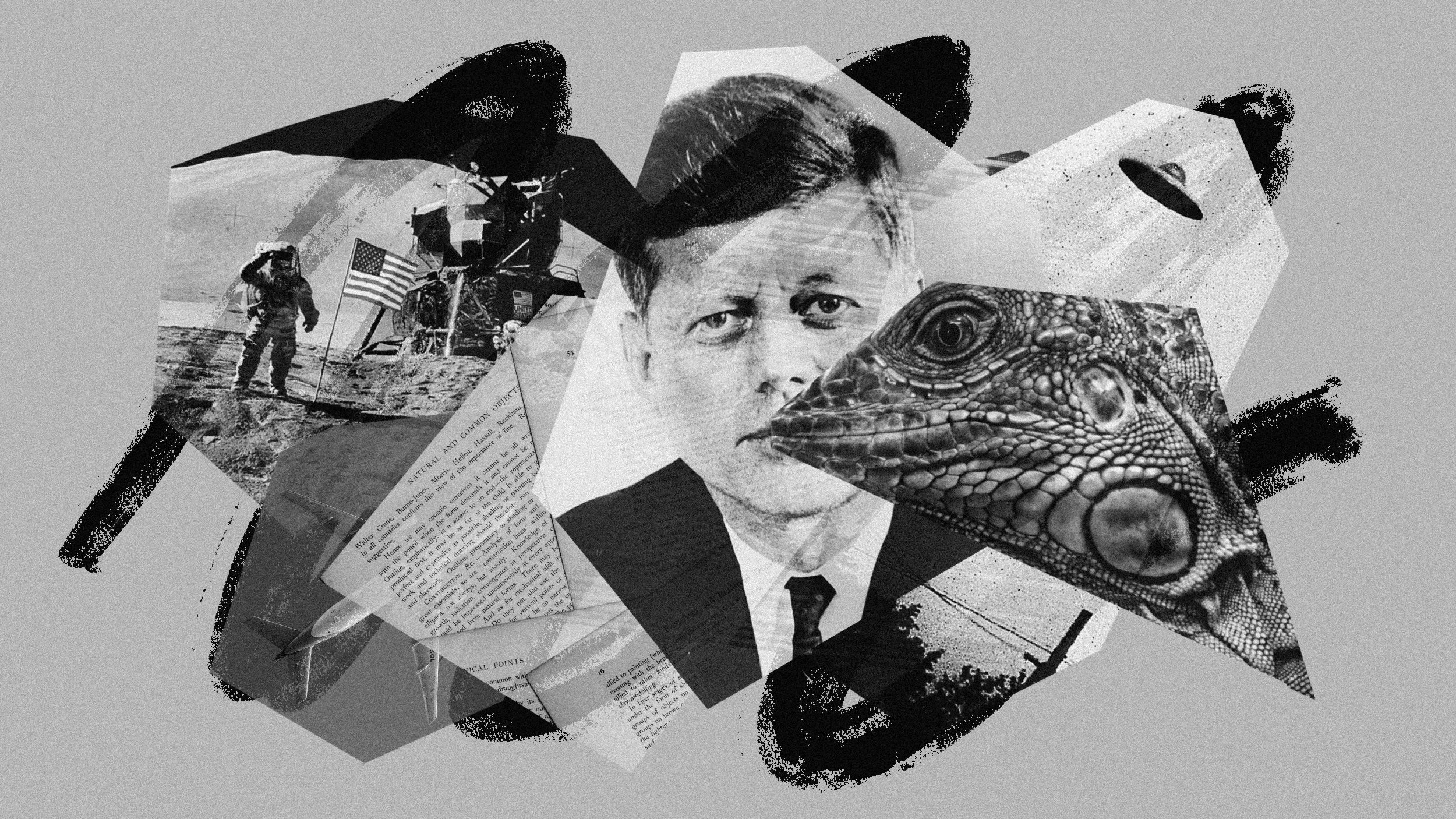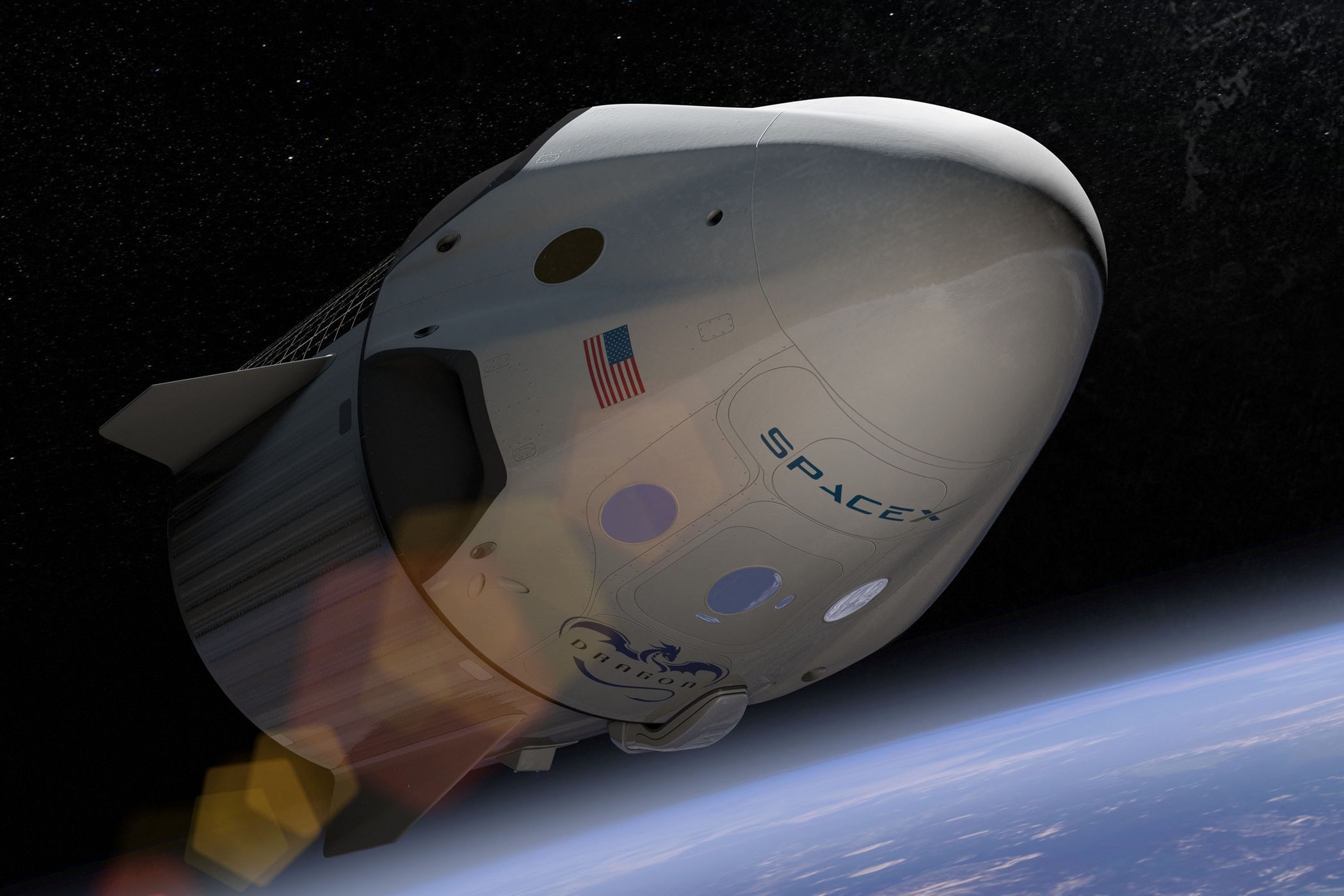Paul Ratner
Contributing Writer
Paul is a writer, filmmaker, and educator. He has written for years for Big Think and other outlets on transformative scientific research, history, and current events. His award-winning films like the true-life adventure "Moses on the Mesa" and the science documentary "The Caveman of Atomic City" have played at film festivals around the world. Paul also organizes numerous unique educational events, renowned film festivals, and competitions for thousands of people. He has degrees from Cornell University (BA) and Chapman University (MFA). You can follow Paul's work at paulratnerimagines.com, on Instagram, and Facebook.
KGB-era “active measures” are still being used by Russian intelligence agencies today, according to experts.
Cognitive abilities peak at varying ages, say researchers from MIT and Harvard.
New research explains how to build different types of outposts in space.
Charges of treason are often used incorrectly in today’s political climate. Treason has a very specific definition in the U.S. Constitution.
Elon Musk’s new company will use “neural lace” technology to link human brains with machines.
What if we build from the sky down? NYC architects release designs for a skyscraper that would hang from an asteroid and travel between hemispheres.
A 17-year-old British schoolboy spots an error in the data from International Space Station’s radiation sensors.
Billionaire George Soros, the subject of countless conservative conspiracy theories, funds the opposition to President Trump’s agenda.
Studies and trials point to the potential of a rave drug becoming the newest antidepressant medication in decades.
Stephen Hawking has accepted an offer to go to space. He’s one of the world’s most famous scientists, who’s been paralyzed due to ALS for much of his life.
Scientists discover unusual galaxies that raise questions about Einstein’s theory of gravity and the existence of dark matter.
Astrophysicist Neil deGrasse Tyson explains the nature of time and the conundrums of time travel in a recent interview.
A new study explains why and how people choose to avoid information and when that strategy could be beneficial.
America’s most popular conspiracy theories and the science behind them.
A new study from Johns Hopkins University supports making birth control pills available without a prescription.
A Swiss scientist identifies the top predator in the world in a new study.
Albert Einstein shared his thoughts on the meaning of life and his own spiritual views.
A patient’s brain showed activity for nearly 10 minutes after death, baffling doctors and prompting the need for further research.
Harvard scientists propose how mysterious Fast Radio Bursts from outer space could actually be powering the spacecrafts of an advanced alien civilization.
Astrophysicist and science educator Neil deGrasse Tyson reveals if he’d run for President and what he would do if elected.
Scientists identify key compounds that may help prevent brain diseases like Alzheimer’s, Parkinson’s, Huntington’s as well as Lou Gehrig’s disease.
The Middle Ages see a resurgence of interest among the alt-right and some conservative thinkers.
Irish Travellers, a group facing much discrimination and inequality, is given formal ethnic status in Ireland.
Elon Musk announces that SpaceX will fly two private citizens on a mission around the moon in 2018.
A new report shows the marijuana industry is poised to have a major economic impact.
A college course on how to recognize “bullshit” addresses fake news, memes, clickbaiting and misleading advertising.
A “forbidden research” conference at MIT tackles areas of science constrained by ethical, cultural and institutional restrictions.
Scientists release observation data from 1,600 stars in hopes the public can help find planets that orbit stars outside our solar system.
Elon Musk, Sam Harris, Ray Kurzweil and other visionaries discuss AI superintelligence at a recent conference.
Bill and Melinda Gates lay out the key accomplishments of their philanthropic foundation in response to Warren Buffet.





























